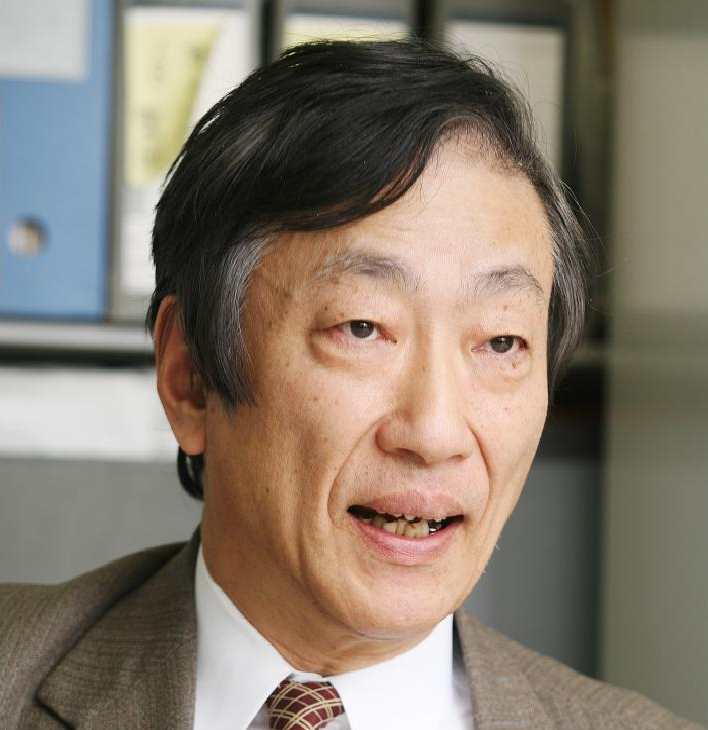
Strategic Management of Healthcare in an Ageing Society: Experience from Japan
Biography
Prof. Toshihiko Hasegawa, M.D., MPH., Ph.D. is President of Future Health Research Institute since 2014, and retired Professor of Nippon Medical School after a long career in Japanese government including development of elderly care policy and management of Japanese national hospitals. He graduated from Harvard School of Public Health for MPH in 1981, from Osaka University Medical School for MD in 1972, and finished General Surgical Residency in Milwaukee, Wisconsin. He taught at many medical schools in Japan as visiting professor for health policy and hospital management. He did research on health policy, health sector reform, planning and evaluation of disease management program, hospital strategic management, international health and integrated community care system. He started the legendary network of health policy researchers in Asia “Dragon Net” in 1998 and is currently involved in a project on “Health for next 120 years” by Japanese Association of Medical Sciences. Prof. Hasegawa published many papers and books about ageing society, international health, health policy, hospital management, health care delivery system and safety and quality of care including the Hospital Strategic Management in 2002 that was translated in Korean, Thai, Russian and Chinese and the International Symposium on Health Transition and Health Sector Reform in Asia in 1998, and Health Care System Reform and Health Policy Research in Japan : Health Care Policy in East Asia Volume 2, a World Scientific Reference in 2020.
Abstract
During last 3 years Japan suffered 3 exordial incidents, namely “Covid 19 Pandemic”, ”Ukraine War” and “Assassination of a Politician” which evoked the existential questions such as “What is disease, life and death?” “Wat is the role of health professionals to support people?” And also takes us back to the history “Spanish Flu 100years ago“and “ Crimean war 160 years ago” Those events or incidents shed a light the fact there were three trends already underway before those three events. And enhanced the trends. One domain/element is a demographic drift which was caused by ageing society. The second Technology innovation and explosion which leads to the singularity. Singularity The third is environmental issue. Strategic thinking and planning starts with the three domains of analysis, namely internal-external environmental analysis and goal and mission. Mission is healthcare system Goal、that the goal is to cure disease and to prevent premature death. However, after the epidemiological transition, the disease is not clearly defined and is difficult to cure. And the prevention of death is impossible. The priority should be shifted because of the change in the care cycle. .Therefore, human resource management for this health system transition is not simple but complicated. In the care cycle, the human resource should include not only health specialists but communities and families, and society at large, i.e. workforce in general The demand for health care and long-term care will increase in the next ten years, requiring more specialists in number and quantitative. Although improvement in efficiency is required. 2 million people is calculated to be needed, but the population of young people is decreasing. We have to think twice about prioritizing those young resources putting in the industry sector vs the welfare sector. Not only quantitative issues but also qualitative is also important. The role of each professional has to be redefined and integrated to care. I want to propose several points. There is an interesting German case in the last ten years. A new educational system was launched three years ago to train the new discipline, which is called a ‘care giver’, by abolishing the term ‘nurse’ and ‘long-time care worker’. In educational content (context?) becomes the same. License and certificate are integrated into a care giver. etc.. In summary, (1) professional strategic management is not limited only to health and specialists but should be extended to society. (2) the role of each specialist is defined and integrated. The generational approach is important and special attention has to be drawn to generation Z. Care should include not only elderly care but also young and mother & child care.
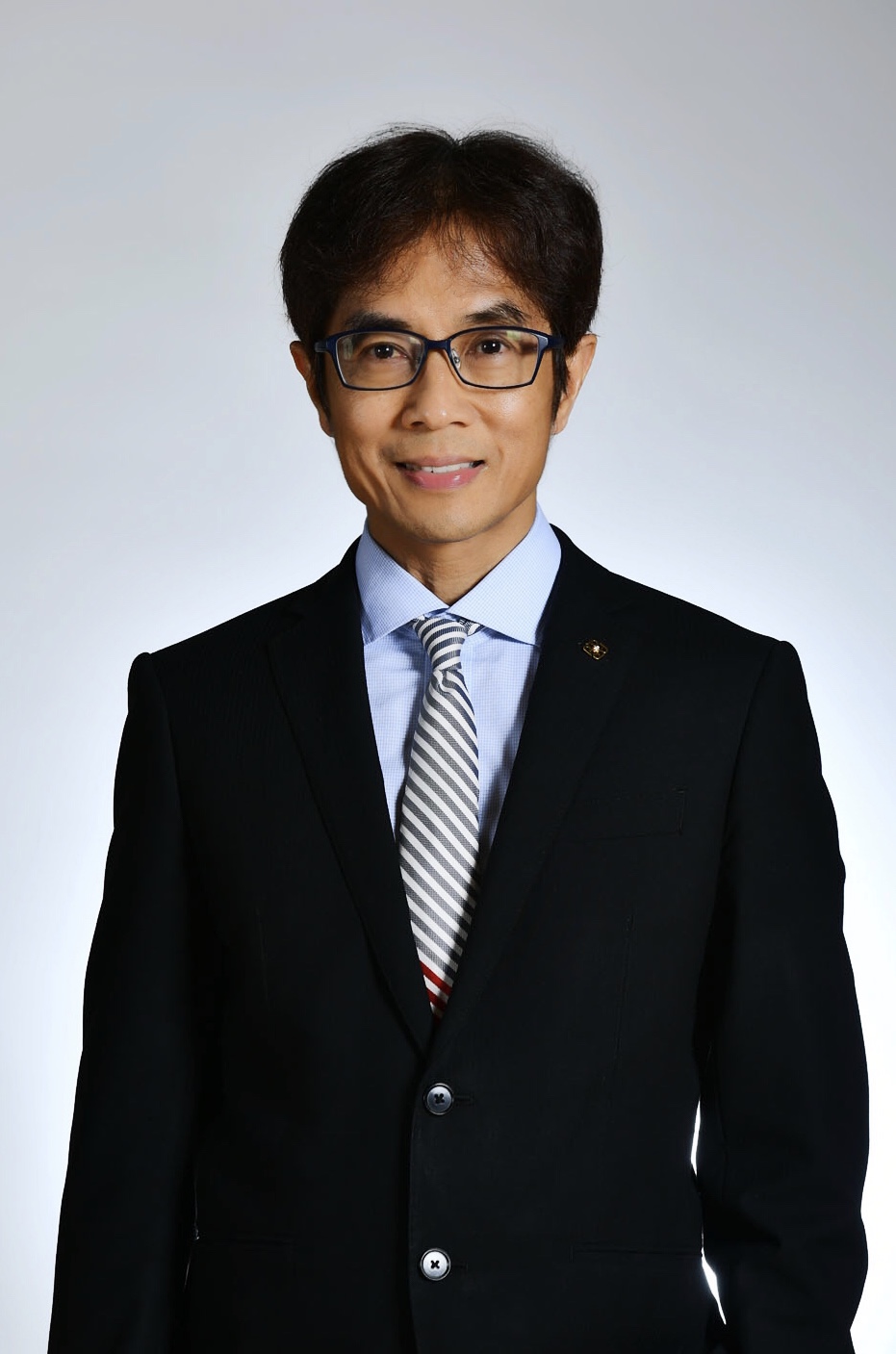
Healthcare Reform Challenges and Potentials: The Way Forward for Hong Kong and the GBA
Biography
Prof. Peter P. Yuen is Dean of the PolyU CPCE. He is also Professor of PolyU’s Department of Management and Marketing. He received his Bachelor of Arts degree in Cellular and Molecular Biology and Master in Business Administration degree from the State University of New York at Buffalo, USA, and his Doctor of Philosophy degree in Health Economics from the University of Birmingham, UK.
Prior to his appointment as Dean of CPCE, Prof. Yuen held a number of management positions at PolyU, including Associate Vice-President (Management), Director of the Public Policy Research Institute, and Head of the Department of Management. He was also the Founding Director of the Doctor of Business Administration programme in the Faculty of Business.
Prof. Yuen’s research mainly focuses on public policy formulation and evaluation, and health services management. He is the Co-Editor-in-Chief of Public Administration and Policy and an Editorial Committee member of Asia Pacific Journal of Health Management. He was also a consultant for the Hong Kong Special Administrative Region (HKSAR) Government and the Bauhinia Foundation on a number of public policy related projects including the West Kowloon Cultural District, Sustainable Built Environment, Subsidised Homeownership, Managed Care in Hong Kong, and Health Systems Reform.
Prof. Yuen is currently the immediate Past Chairman of the Federation for Self-financing Tertiary Education (Hong Kong). He has served as a member of the HKSAR Government Manpower Development Committee, Health and Medical Development Advisory Committee, and the Committee on Self-financing Post-secondary Education. He is a Founding Fellow of the Hong Kong College of Health Services Executives, and an Honorary Fellow of the Australian College of Health Services Management. He once served as Vice-President of the Chinese National Institute of Health Care Management Education, and President of the Hong Kong Public Administration Association.
Abstract
The health care systems of Hong Kong and the Mainland are described with a focus on financing. Both the tax-based system in Hong Kong and the insurance-based system in the rest of GBA are analyzed in terms of quality, efficiency, cost, equity and sustainability. With a rapidly ageing population in the entire region, the inadequacies of both systems are highlighted. Other issues, including manpower, long term care, space are also discussed in terms of challenges and healthcare reform opportunities.
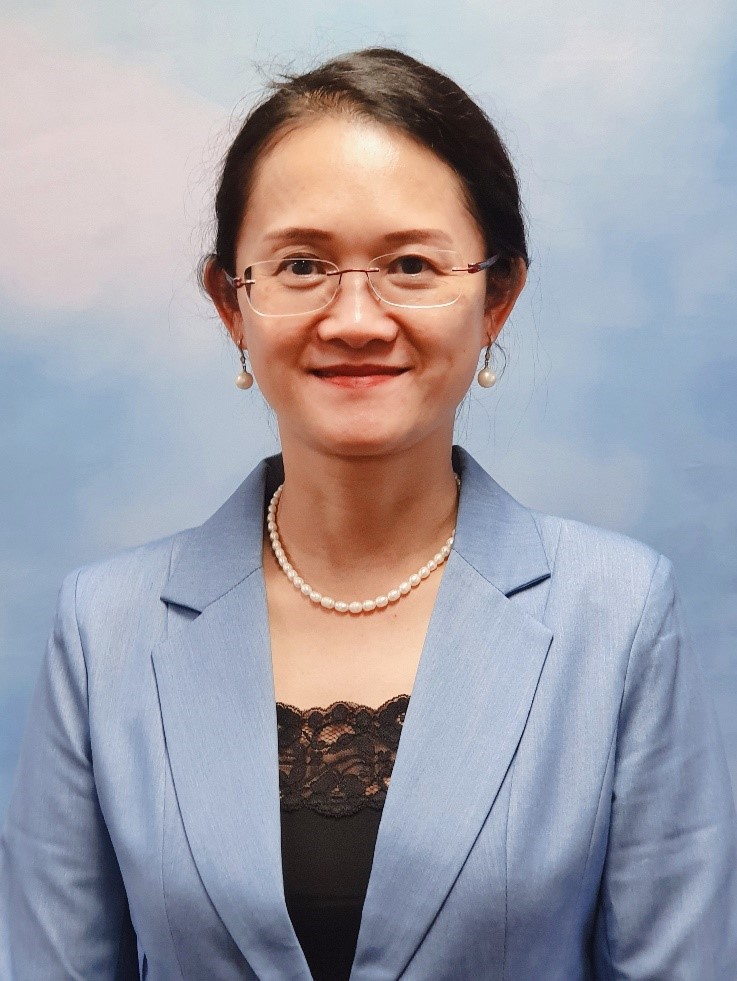
Developing a Competency Framework for Hospital Administrator: Experience of Australia
Biography
Dr Liang is a leading researcher in management competency and management workforce development in the health sector with expertise in healthcare quality and patient safety, project planning and evaluation, evidence-informed decision-making, and health system design and improvement. Dr Liang has trained many managers and leaders working in different health sectors in developing their management capacity in Australia and South-East Asia for the past decade. As President of the Society for Health Administration Programs in Education, Dr Liang has played a leading role in shaping the health management workforce capacity development in Asia Pacific. Dr Liang was medically trained and worked as a physician, planning and evaluation consultant and senior manager before embarking her academic career and completed a PhD (health reforms and management workforce development) at Griffith University and Graduate Certificate in Safety, Quality, Informatics and Leadership at Harvard University. The Management Competency Assessment Tool (MCAP Tool) that Dr Liang and colleagues developed and validated has been used to assess the competence of middle and senior level managers and leaders working in the health sector providing evidence to guide management capacity building in the system, organisation and individual levels.
Abstract
The belief of competent health managers being the key to better health service delivery has received increasing acceptance in the past two decades. The promotion of competency-based training and education has further generated the interests and investment in understanding management competency requirements for health service managers and developing management competency frameworks to guide health management workforce development. However, empirical evidence on how a management competency framework guide health management workforce development and service improvement is limited. MCAP– a management competency framework and tool developed and validated in the Australian healthcare context ten years ago has now been used to guide developing health management workforce and management capacity of healthcare organizations in various countries such as China, Italy, Iran, Thailand, Finland, Nepal, Norway etc. MCAP has been continuously evolving. As creator of MCAP and driving force of maximizing its impact, Dr Liang will share the journey of contributing to management capacity building in Asia Pacific aiming at inspiring some thinking of and discussions on the following questions:
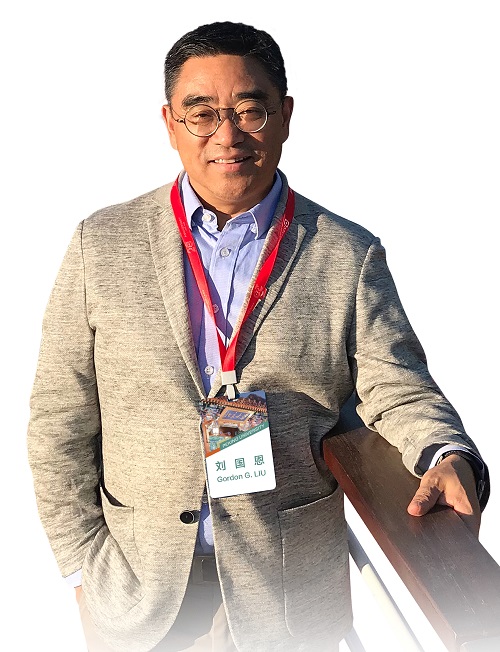
Observations on Healthy China 2023
Biography
Prof. Gordon G. Liu, PhD., is Peking University BOYA Distinguished Professor of Economics at PKU National School of Development, Dean of PKU Institute for Global Health and Development, Director of PKU China Center for Health Economic Research, Academic Committee Chair for PKU Institute of Educational Economics, and 2022 elected member of the Chinese Academy of Medicine. For social responsibilities, Prof. Liu currently serves as co-organizer for the “US-China Track II Dialogue on Health”, and sits on the China National Expert Panel on COVID19, and the State Council Health Reform Advisory Commission. He also has served as associate editor for academic journals including China Economic Quarterly, Health Economics, and the Editor-in-Chief for China Journal of Pharmaceutical Economics. Prior to joining Peking University, he was on fulltime faculty at University of Southern California, and University of North Carolina at Chapel Hill. He was the 2004-2005 President of Chinese Economists Society (CES), and the 2004-2006 President of ISPOR Asian Pacific Consortion.
Abstract
Following the state call for Healthy China 2030 in 2016, some marked progress has been accomplished, especially the universal health insurance coverage completed in 2019. In the meantime, the healthcare delivery system still remains a great challenge with big hospitals continued to dominate the patient flows for both inpatient and outpatient services. On the role of drug financing policies, significant price cuts were made for both generic and brand products to be listed for the national insurance reimbursement. In response, innovative drug makers expressed increasing concerns on adverse impact on long-term R&D investment for medical innovation. As such, value-based economic assessment is expected to play greater role in shaping the national insurance policies.
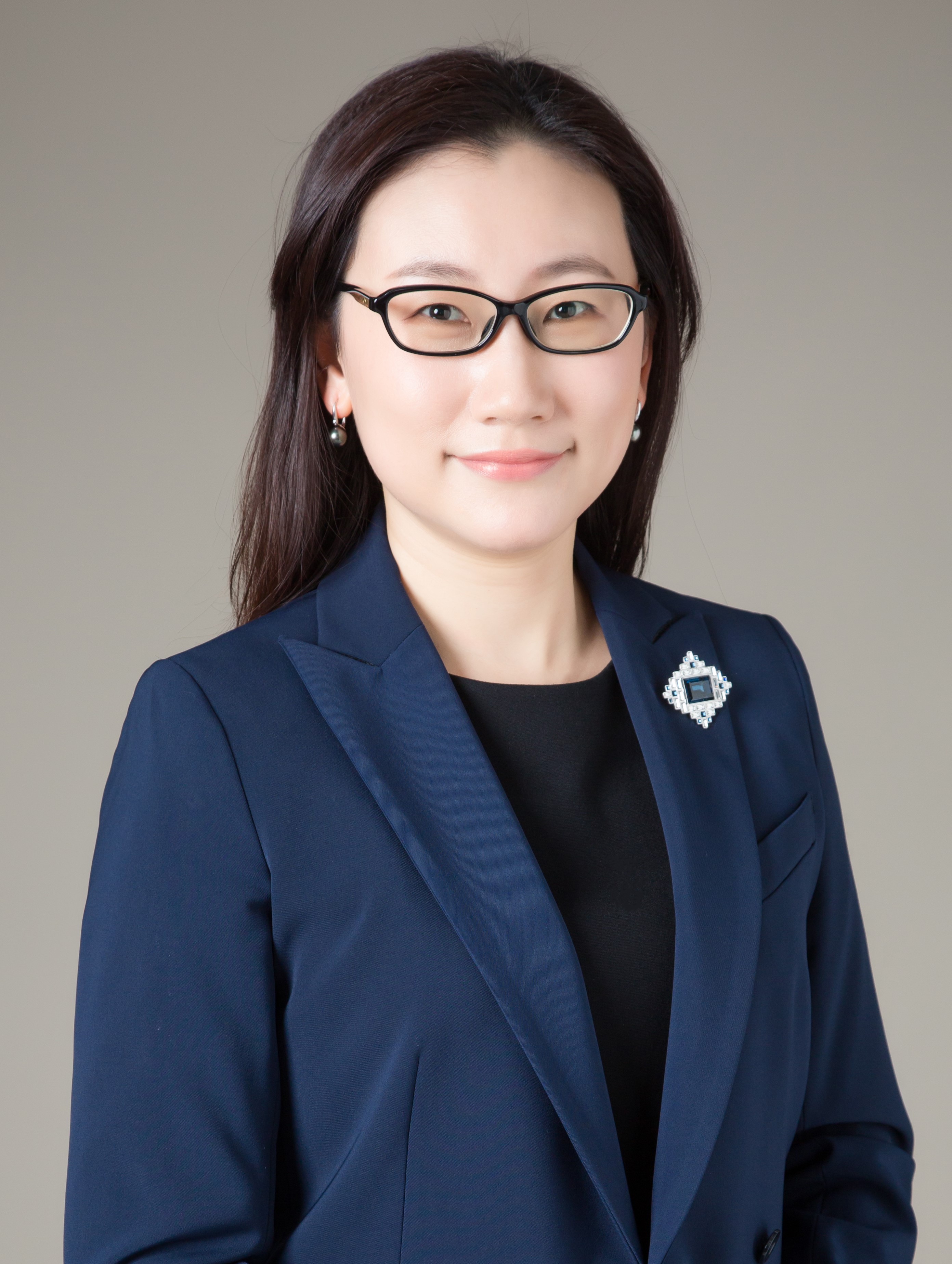
Direct Economic Burden of Alzheimer's Disease and Parkinson's Disease Among Patients Covered by Health Insurance in GBA
Biography
Professor Hui Zhang is Associate Professor in the Department of Health Policy and Management, School of Public Health, Sun Yat-sen University of China. Her research interests are health insurance reform, economic burden of diseases, health policy evaluation, and cost-effectiveness analysis. She is now the member of Health Insurance Professional Committee of the Chinese Society of Health Economics; the member of Health Services Management Division of the Chinese Preventive Medicine Association; and the member of Guangdong Province Society of Health Economics. She has got more than 10 grants including the National Natural Science Foundation of China; the Natural Science Foundation of Guangdong Province; China Medical Board Open Competition Research Project, and published more than 30 international and domestic journals such as Social Science & Medicine, BMC Health Services Research.
Abstract
Due to the rapidly growing aging population, Alzheimer’s disease (AD) and Parkinson’s disease (PD) are becoming a worldwide public health problem. Currently, AD and PD are the first and second most common neurodegenerative disorder. With the growing number of patients, AD and PD imposes a significant financial burden on patients and their families, as well as on the health care systems. This study aimed to evaluate the direct medical costs of patients with AD and PD using a large sample from an entire city and to identity the potential factors correlating with their inpatient costs in Guangzhou City, Southern China. The findings suggested that the direct medical costs of patients with AD and PD in Southern China were high compared to the GDP per capita in Guangzhou City, and different between the two evaluated types of insurance. Policymakers could consider reduce the gaps between the two urban insurance schemes in benefit levels, provide support for the development of a comprehensive long-term care insurance system and promote the use of telemedicine in China.
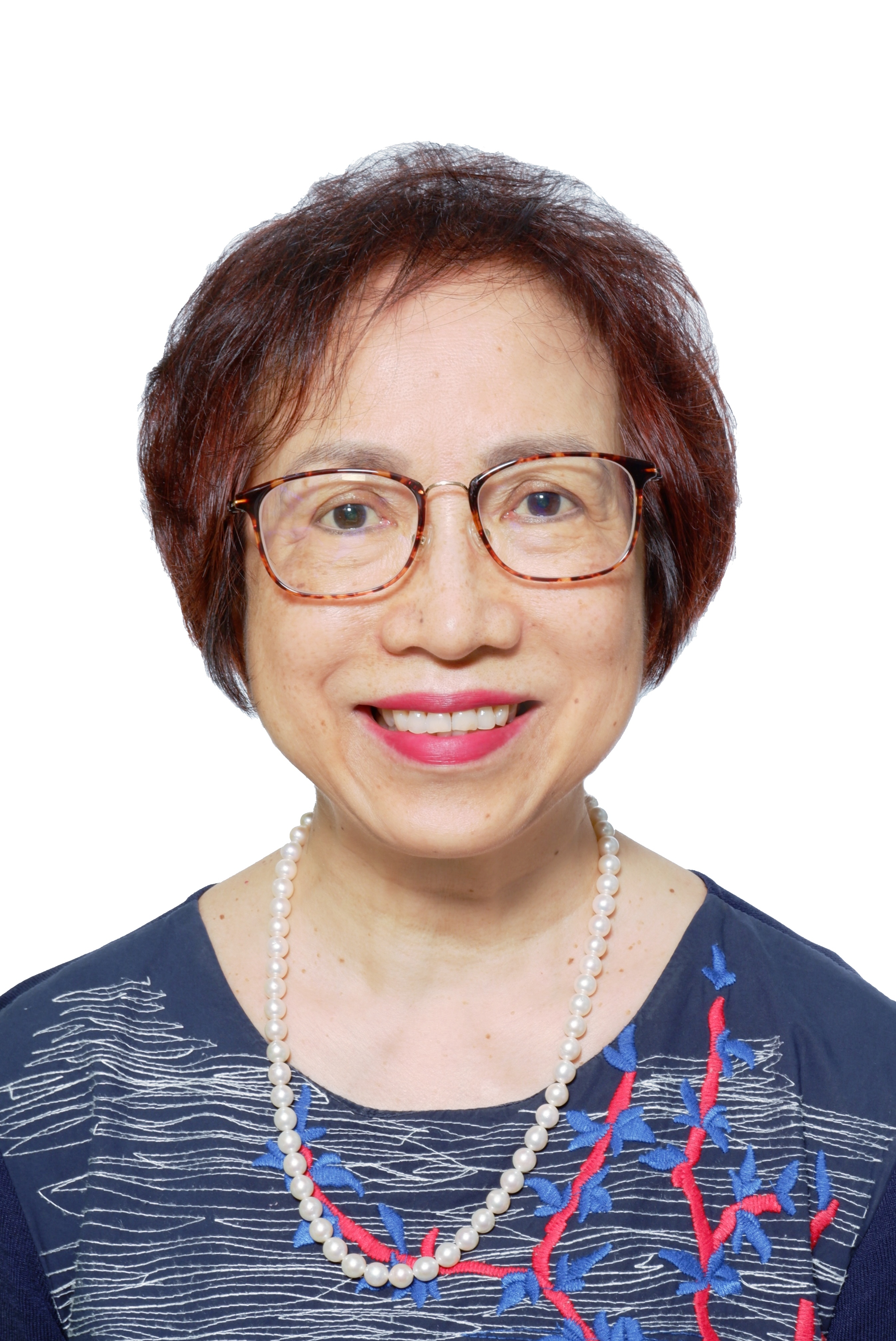
Professor Cecilia Lai Wan CHAN
Patient Empowerment in GBA – What can we do?
Biography
Professor Chan is a pioneer in promotion of community health and patient empowerment in Hong Kong. She had contributed to the establishment of the Community Rehabilitation Network of Hong Kong Society for Rehabilitation, Alliance of Patients’ Self-help Organizations, Cancer Support Services of the Hong Kong Cancer Fund, community bereavement support services of the Society for the Promotion of Hospice Care and Hospital Patients’ Resource Centers in public hospitals in Hong Kong since the 1990s. Professor Chan is instrumental in promoting holistic care for patients throughout their trajectory of illness, from prevention, health awareness raising, early diagnosis, living with disabilities, chronic disease self-management, active rehabilitation, end-of-life and bereavement care. She adopted a strength-based approach to promote resilience and transformation through pain, patient survivors reach out to empower other newly diagnosed patients. Her research provided evidence on the cost-efficacy of patient empowerment programs in saving expansive hospital bed-days and improving quality of life. She founded the Centre on Behavioral Health which incorporated Eastern philosophies and Traditional Chinese Medicine practices into her patient Integrative Body-Mind-Spirit (IBMS) empowerment programs which can lead to bio-markers such as salivary cortisol as well as IL6 and telomerase in blood.
Abstract
The Greater Bay Area (GBA) is home to over 70 million people. Hong Kong has the largest proportion of population above the age of 65, while the population in the GBA are relatively younger, especially for Shenzhen. Majority of the elderly populations are living with chronic illnesses and Hong Kong are supported by an extensive network of services and facilities for patient support and empowerment.To empower these patients with chronic illnesses, we have to establish a community preparedness in shared decision making for patient self-management, conductive policy environment with accessible and affordable services that preserve dignity and health equity, as well as providing a holistic health and social care network in the community.Hong Kong has developed solid patient empowerment infrastructures through the Hospital Authority, NGOs, patients’ self-help organizations etc. Examples of patient empowerment programs in Hong Kong will be shared to this presentation. Chinese health industry was known to be plagued with bribing, rebates, lack of complaint channels, and tense doctor-patient relationships previously. With National health insurance, increasing monitoring and sanctioning, self-regulation and standard setting, transparency and psychosocial care requirements, Chinese patient experiences improved remarkably in the past decade. The GBA, an innovative hub for AI, robotics, med-tec and rehabilitation engineering, hospitals such as the HKU-Shenzhen Hospital are developing holistic patient care rapidly. The components of patients’ rights, advocacy, self-help, dignity preserving interventions, life-style management, conjoint decision making through patient portals and mobile apps and health-promoting regulations of food and consumables are emerging and standardization throughout China will be forth coming.
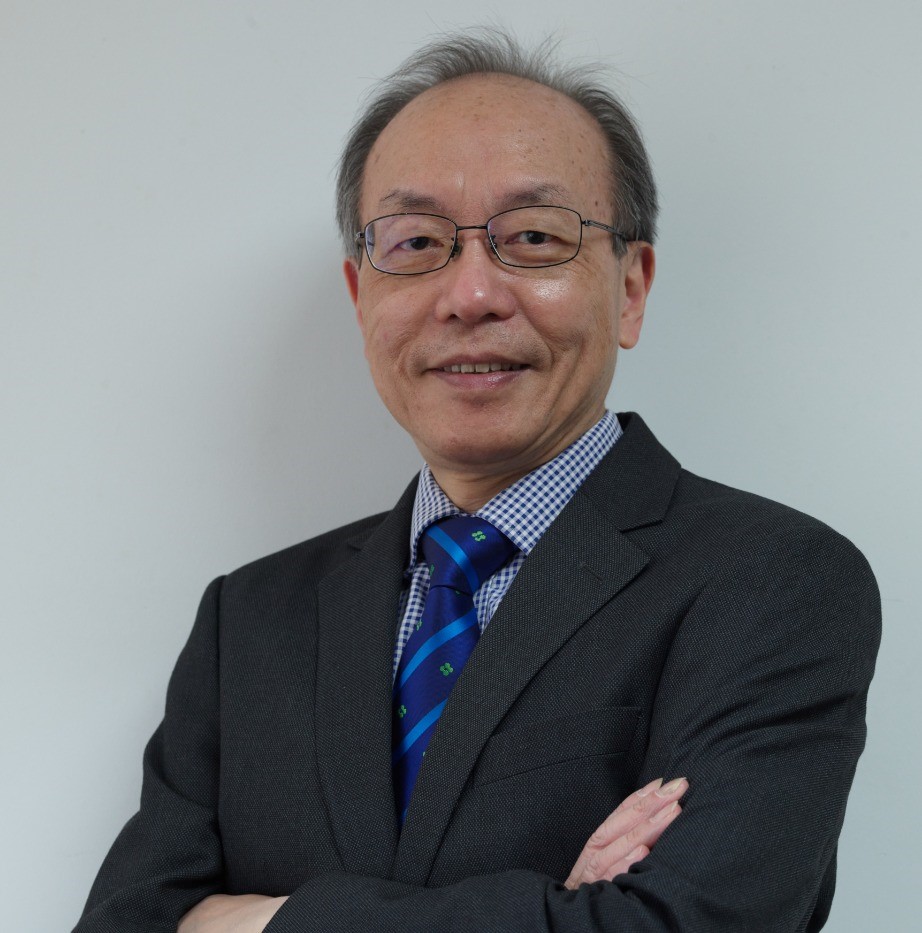
Patient Empowerment in GBA – What can we do?
Biography
Dr Poon is an expert in community rehabilitation, disaster relief, emergency management, dedicated to social services as a volunteer to Red Cross and Hong Kong Society for Rehabilitation… He is an expert in orthopedics and rehabilitation, he had served in the Queen Mary Hospital and the University of Hong Kong. Dr Poon is currently Consultant in orthopedics and rehabilitation in the HKU-Shenzhen Hospital. He spent a lot of time working with patients as well as explaining to the family on the treatment goals and rehabilitation plans. Dr Poon also extends his clinical care to the Yee Hong Height in Shenzhen. Yee Hong Height is a long stay care facility for older adults from Hong Kong. The residents receive financial support from the Hong Kong Government. This is one of the first GBA social-medical collaboration in the past decades. Being a caring and committed medical doctor, Dr Poon initiated a lot of innovative care programs in Hong Kong and China such as support for injured workers throughout their process of rehabilitation, crisis management especially in cases of natural disaster and chaos with large numbers of injuries and trauma.
Abstract
The Greater Bay Area (GBA) is home to over 70 million people. Hong Kong has the largest proportion of population above the age of 65, while the population in the GBA are relatively younger, especially for Shenzhen. Majority of the elderly populations are living with chronic illnesses and Hong Kong are supported by an extensive network of services and facilities for patient support and empowerment.To empower these patients with chronic illnesses, we have to establish a community preparedness in shared decision making for patient self-management, conductive policy environment with accessible and affordable services that preserve dignity and health equity, as well as providing a holistic health and social care network in the community.Hong Kong has developed solid patient empowerment infrastructures through the Hospital Authority, NGOs, patients’ self-help organizations etc. Examples of patient empowerment programs in Hong Kong will be shared to this presentation. Chinese health industry was known to be plagued with bribing, rebates, lack of complaint channels, and tense doctor-patient relationships previously. With National health insurance, increasing monitoring and sanctioning, self-regulation and standard setting, transparency and psychosocial care requirements, Chinese patient experiences improved remarkably in the past decade. The GBA, an innovative hub for AI, robotics, med-tec and rehabilitation engineering, hospitals such as the HKU-Shenzhen Hospital are developing holistic patient care rapidly. The components of patients’ rights, advocacy, self-help, dignity preserving interventions, life-style management, conjoint decision making through patient portals and mobile apps and health-promoting regulations of food and consumables are emerging and standardization throughout China will be forth coming.
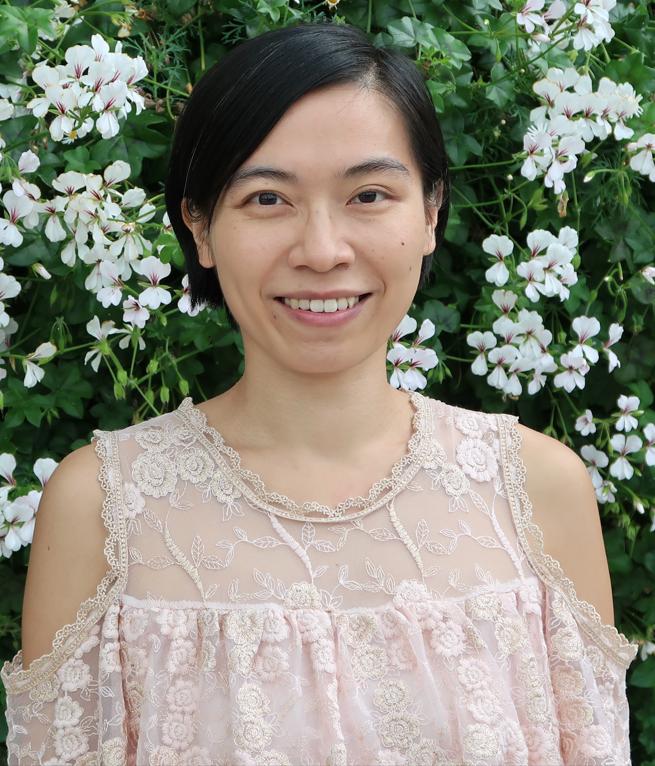
Ageing in Place via Telehealth: A case study of Singapore
Biography
Dr Sabrina Luk is Assistant Professor in Public Policy and Global Affairs, School of Social Science, Nanyang Technological University, Singapore. She holds a PhD in Political Science and International Studies from the University of Birmingham. Her teaching includes healthy ageing, public health, e-government, crisis leadership and management. Her research focuses on healthy ageing, health financing reforms, e-government and smart cities. Dr Luk is the leading contributor to the UNESCAP report on Evolution of Science, Technology and Innovation Policies for Sustainable Development: The Experiences of China, Japan, the Republic of Korea and Singapore. Her monograph entitled Ageing, Long-term Care Insurance and Healthcare Finance in Asia was published by Routledge in January 2020. In 2022, she published a monograph entitled Ageing and Effecting Long-term Care in China (with Hui Zhang and Peter Yuen) (New York: Routledge).
Abstract
Telehealth refers to the use of information and communications technology (ICT) to deliver clinical and non-clinical services at a distance. In Singapore, Smart Health Video Consultation (SHVC) was introduced to several public hospitals in April 2017 to enable patients to remotely consult healthcare professionals via a synchronous video call. This study uses a stakeholder perspective to examine the pros and cons of using SHVC to provide remote consultation for older residents with mental illness in over 20 nursing homes. It also discusses the implications of this study for other cities or countries which promote greater use of telehealth to care for older adults.

Professor Leonard Sheung Wai LI
Rehabilitation Services in an Ageing Society: Potentials in Hong Kong and GBA
Biography
Prof. Leonard S.W. Li is currently the Director of Virtus Neurological Rehabilitation Centre. He is also appointed as Honorary Clinical Professor of Department of Medicine, LKS Faculty of Medicine, The University of Hong Kong. He has been closely linked with the rehabilitation development in Mainland China in last 30 years and appointed as Advisor to the Chinese Association of Rehabilitation Medicine. Locally, he is also taking the position of Chairman of the Hospital Governing Committee of Shatin Cheshire Home. Internationally, he is the Immediate-Past President of International Society of Physical and Rehabilitation Medicine and Advisor of the Division of Rehabilitation of Cochrane Research. He was also President of World Federation for NeuroRehabilitation (WFNR) in Year 2018-2021. He received the Award of Honorary Membership from WFNR this year for cognition of his work in the field of Neurological Rehabilitation internationally.
Abstract
Aging of population is a universal phenomenon. There is an increase in incidence of many diseases with aging, such as cardiovascular, neurological and musculoskeletal problems. Although the advancement of medicine could enhance the life expectancy, yet these diseases increase disabilities or functional limitations in the aging population. Health care services that emphasize on enhancing functional status and improving quality of life together with cost-effectiveness approach are in vast demand.To meet the demand, different levels of provision will need exploration, particularly in the rapid developing region such as Great Bay Area. The first level that is easily appreciated is the need of health workers of various professional background from doctors, therapists to health workers in nursing home. Discussions and considerations would need looking into level of background training and manpower planning at present and in the long run. The next level should explore how the national policies and investors could affect the demand and supply of the services. Finally, the other level needs exploring is the integration health care professionals and technological industries to facilitate the development of technological products for enhancing the functional status of the aging population not just in Great Bay Area but also in the One Road One Belt in the longer term.
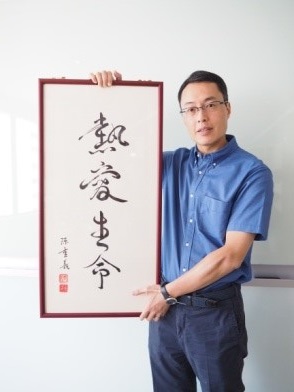
Integrated Home Care & Inpatient Computer System for Hospice & Palliative Care
Biography
Dr Chan Chung Yee Hubert, JP is the Chairman of HKC International Holdings Limited. Dr Chan joined the Group in 1984 and is responsible for the formulation of corporate strategies and business and product development of the Group. Dr Chan has over 35 years of experience in ICT industry. Under his leadership, the Group was listed in The Stock Exchange of Hong Kong Limited in 2001 (Stock code: 248). The Group is now engaged in distribution and retail of digital products, product development of RFID, home automation, and AIoT in healthcare sector in Hong Kong, China and the Asia Pacific Region.Further, Dr Chan is very active in promoting the ICT industry in Hong Kong. He had served in the Executive Committee of Communications Associations of Hong Kong (www.cahk.hk) for over 10 years and was elected as the Chairman of the association from 2006 – 2012. Dr Chan also is the Chairman of GS1 Hong Kong EPC Partners Advisory Board for 2010-2012, the Chairman of Advisory Committee of Green ICT Consortium (2009-2011), the Council member of Hong Kong Federation of Youth Group (since 2010). He is the Council member of Society for the Promotion of Hospice Care (since 2005) and elected as Chairman from 2017-2020. Dr Chan also awarded The Hong Kong Polytechnic University’s Ninth “Outstanding Alumni Award” to tribute to his remarkable professional achievements and contributions to his alma mater as well as the community. Dr Chan has been appointed as a member of Communications Authority in 2020.
Abstract
Funding from the Innovation and Technology Fund for Better Living from 1 April 2018 to 31 March 2021 to develop an integrated healthcare system with web portal, mobile app and software providing palliative and hospice care service. The project is divided into three phase: namely Home care, OPD & in-patience service, & Outreach services. The outcomes showed that the efficiency and quality of service delivered to the terminally ill patients has been improved; self-assessment and monitor the vital signs at home was enabled; real-time retrieval and updates on the medical records was achieved; and local palliative and hospice care has been fostered.

Dr The Honourable LAM Ching-choi, SBS, JP
Manpower Challenge in the Healthcare Industry within HK and GBA
Biography
Dr LAM Ching-choi is a specialist in paediatric medicine and is the Chief Executive Officer of Haven of Hope Christian Service which is a pioneering organization in the provision of holistic care for the elderly in Hong Kong.
He is a non-official member of the Executive Council of the Government of the HKSAR. He is also the Chairman of the Elderly Care Service Industry Training Advisory Committee, Convenor of the Steering Committee on Primary Healthcare Development as well as the Supervisory Board Member and Nominating Committee Member of the Hong Kong Housing Society.
Dr Lam was honored by the Government of HKSAR with the Justice of Peace in 2003 and Silver Bauhinia Star in 2019 respectively. In 2018, apart from receiving Honorary Fellowship from Lingnan University, he was also given the Ageing Asia Global Ageing Influencer Award (Special Recognitions) for his devotion to public services and his influence on policy-making for the global ageing trend.
Abstract
Hong Kong has been facing a serious shortage of healthcare professionals. With the ever-increasing ageing population and increasing demand for healthcare services, it is expected that the shortage of healthcare manpower will aggravate. The shortage causes long waiting time for specialty service in the public sector and short consultations in the city and continues to undermine access to care. The Government must proactively tackle and address the growing issue of healthcare workforce shortages.
While the Government may consider increasing the number of UGC-funded healthcare training places which may help ease the shortage in the long term, the Government should ensure a steady supply of healthcare professionals to serve in the public sector in the short and medium term. Recruitment and retention should go hand in hand. Such strategies include retaining existing healthcare professionals, attracting retired doctors to extend their service periods and recruiting qualified non-locally trained doctors through the established system proactively. Besides, Hong Kong may leverage the Greater Bay Area’s medical talent resources by introducing mainland doctors and nurses to practice in public hospitals and social welfare sectors via limited registrations.
To echo with the national strategy in GBA development and jointly promote the development of the health realm in GBA, talent exchange should be strengthened to enhance the competency of medical professionals and the quality of healthcare services. The promotion of academic exchanges and collaboration among medical practitioners between Hong Kong and Guangdong may foster the development of the healthcare sector and expand the talent pool in GBA.
Technology may also be adopted to help staff reduce workloads and overcome staff shortages. For example, using Artificial Intelligence system to link patients to the department they need and give information according to their listed symptoms for streamlining patient navigation. With good use of digital solutions, the shortage of healthcare staff might be mitigated and the quality of medical services might be improved.